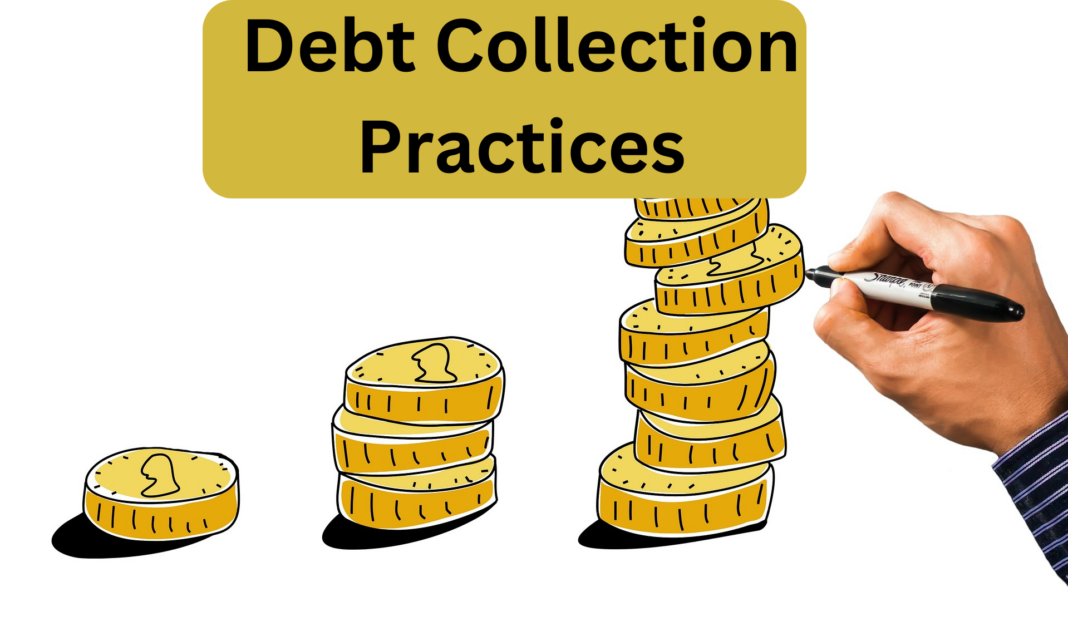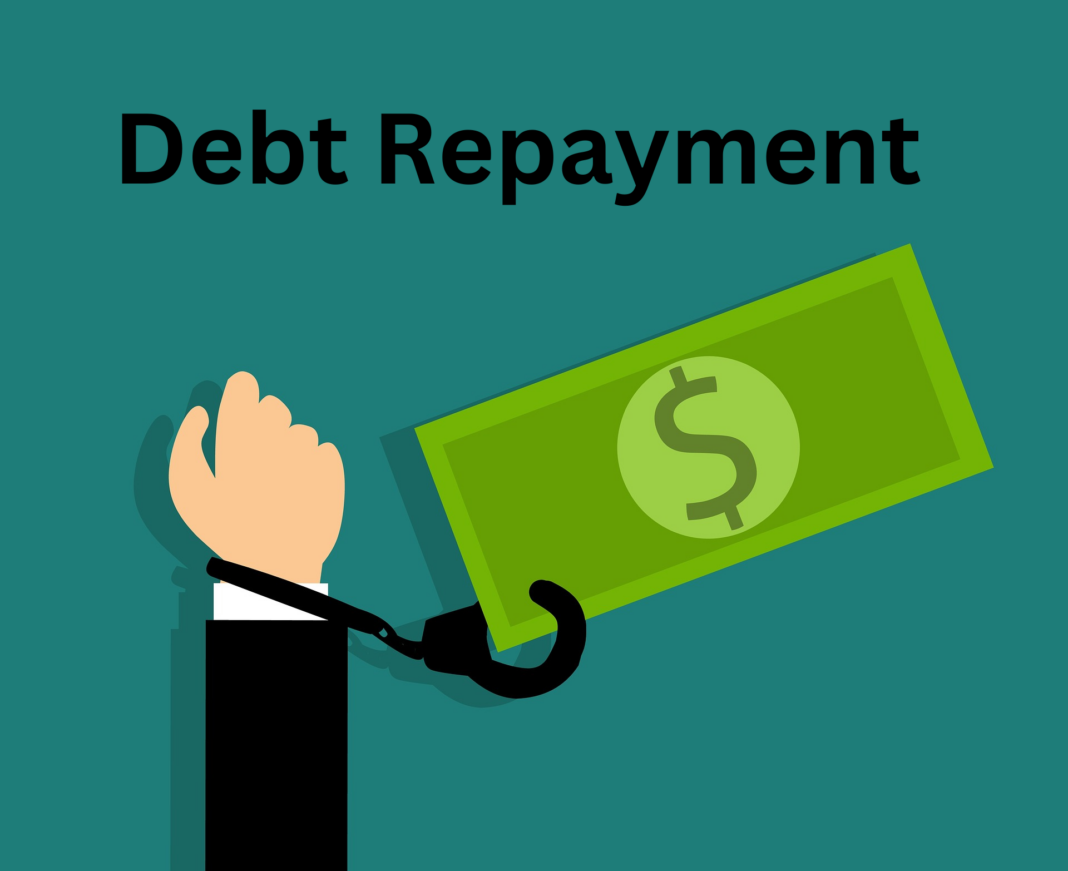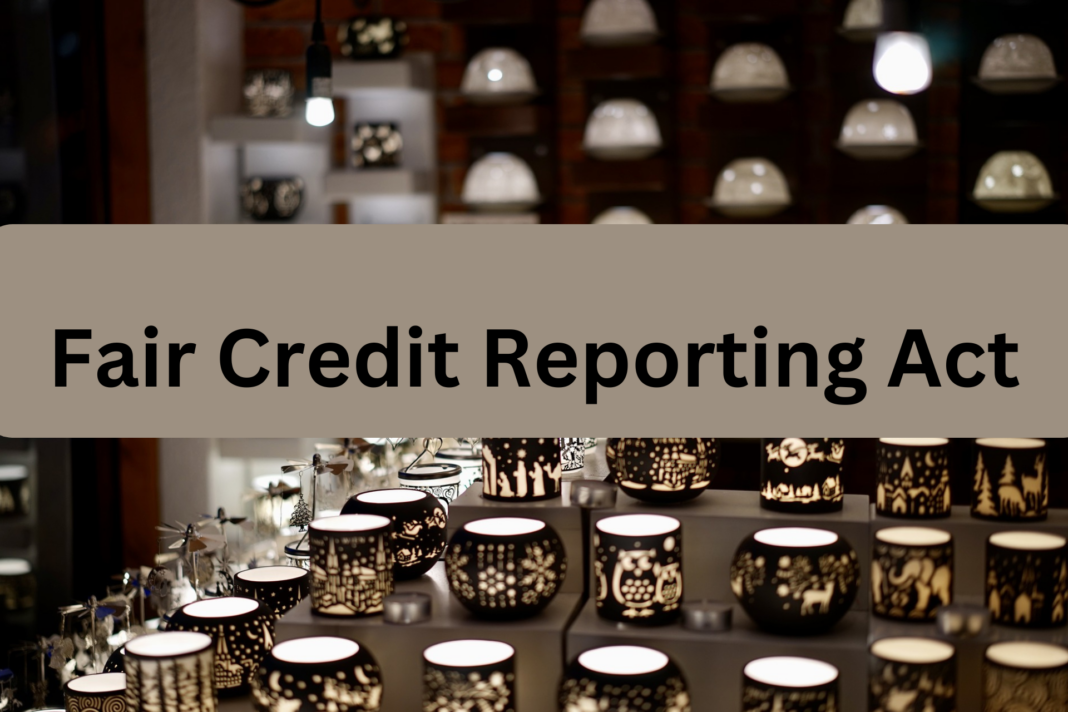For people who do not know, debt can be overwhelming. If it gets to the point that the account goes into collections, debt can even become very stressful and unbearable. Understanding your rights and the process around collecting debts is important in maintaining control over your financial well-being.

In the main, this is a ‘how-to’ guide that walks one through not only the legal framework surrounding debt collection practices, but also some of the common tactics that collectors use and how to effectively manage and resolve your debts. Whether one is burdened with credit card debt, medical bills, or any other type of debt in collections, this article will equip one with the knowledge and tools to confidently navigate the process.
It is true that debt collection can be very intimidating, but if you know what to do and are proactive, you should be able to protect yourself, negotiate with collectors, and find a resolution that works for you and your financial goals. So, let us dive in and unpack some of the complex debt collection practices and empower you to take control of your financial future.
Understanding the Legal Framework
Before detailing the dynamics of debt collection, it is necessary to engage the legal architecture that surrounds the practice.
Fair Debt Collection Practices Act (FDCPA)
The Fair Debt Collection Practices Act is a federal statute that helps govern third-party debt collectors and outline the parameters of their contact with consumers. Major provisions under the FDCPA include:
- Times and modes of communication.
Harassment, abuse, and false or misleading representations are not allowed. It demands that the debt collector provide particular information with regard to the debt.
State Laws and Regulations
Aside from FDCPA, there are also different state laws and regulations regarding debt collections. These will serve as added protection or will impose further requirements upon collectors operating within the state.
Statute of Limitations on Debt
Each state has a statute of limitations or the time period in which the creditor can sue you legally for a debt. After this has expired, the debt will be considered “time-barred,” and the creditor can no longer sue you for the debt. This does not mean they cannot try to collect the debt from you.
Understanding the legal landscape of debt collection will be key to asserting your rights and protecting yourself from unfair practices.
Common Debt Collection Tactics
Debt collectors typically employ various tactics to recover outstanding debts. In this chapter, it is important to take note of the tactics so that you can easily identify them when they are employed and respond appropriately.
Telephone Harassment
They may call you several times, any time of the day, to beg for payment. This is where this behaviour crosses the boundary into a potential FDCPA violation.
Threatening Legal Action
They may threaten a lawsuit or wage garnishment against you for not paying the debt when, in fact, they neither intend nor have the legal right to undertake those actions.
Deceptive Representations
Misrepresentation of the amount owed, the legal status of the debt, and their authority to collect a debt by collectors.
Contact of Third Parties
The debt collectors may also contact your friends, family members, or your employer just to let them know that you owe a debt, which in turn is an infringement on privacy.
Phantom Debt Collection
Some of these collectors may contact you for debts that do not exist or are not owned by the consumer.
Improper Communication Ways
Collectors may contact you in a manner proscribed by the FDCPA, for instance, at your workplace, after being instructed not to.
Understanding these tactics will help you take the right action and protect your rights.
Dealing with Collection Agencies
When collection agencies call, it is important to know your rights and what is expected of you, plus some effective ways you can use to minimize the damage.
Debt Validation
Under the FDCPA, one is entitled to demand verification of the debt within 30 days after the collector has initially contacted them. This can be helpful in determining if there is an inaccuracy or mistake in the debt.
Requesting Cease and Desist
If a collector harasses or abuses you in any way, you can write a cease and desist letter in which you instruct them to stop contact with you.
Negotiating Payment Terms
Sometimes, you can even negotiate with the collector to set up a payment plan or a settlement, which could very well mean you will have to pay less than what you really owe.
Inaccurate Information – How to Dispute It
If the information regarding your debt reported to a credit bureau is wrong, you also have the right to dispute such inaccuracies with the collector company and credit bureaus.
Legal Consultation
If you are being repeatedly harassed by a collector, or if you’re just confused about what to do, it may be a good idea to see a consumer protection attorney.
Pay Essential Expenses First
When debt collection gets tough, important money should be spent on essential expenses such as housing, food, and utilities before any debt is paid.
The process of debt collecting is never as straightforward as one would want, but an understanding of your rights and a few proactive steps can mean getting back the upper hand in such a situation.
The Process of Debt Collection
In dealing effectively with debt collection, a general overview of what is done during collection will prove helpful.
Initial Contact and Demands
The debt collection process often starts with a number of notices and demands sent by the original creditor. If the debt remains unpaid beyond a certain point, it might be sold or otherwise transferred to a third-party debt collector.
Debt Collector Outreach
This would include the third-party collector reaching out to you by way of telephone calls, letters, or other types of communication, insisting on you paying off the debt.
Verification and Dispute Resolution
In the event that one disputes the debt or even requests verification, the collector should always present documented proof in support of such claims. That way, mistakes and inaccuracies can easily be found.
Negotiation and Settlement
Depending on your financial situation, you may be able to come to a repayment plan or a one-time settlement with the collector where you can negotiate a smaller overall amount to be paid.
Legal Action and Judgment
If the debt is not paid, the collector may go ahead and sue you in court for the amount still outstanding. A judgment against you may be the outcome of this action. The judgment could allow the collector to garnish your wages or seize assets.
Statute of Limitations and Time-Barred Debts
As noted earlier, there is a statute of limitation or the time limit for which debt can legally be collected, on every kind of debt in each state. When that time period has run out, the debt becomes “time-barred.” This means the collector can no longer sue you for the debt, although they may still try to collect it.
Understanding what happens during a normal debt collection cycle will help you know what to expect next and give you the information you need to decide what to do and how to handle the situation best.
Strategies for Effective Debt Resolution
When it comes to debt collection, one needs to work out a plan of action that will help one sort out the problem in a manner that would not jeopardize your rights and financial interests.
Create a Plan to Manage Your Debt
Create a budget, followed by prioritizing debts. Pay the most urgent or high-interest debt first. This helps in systematically dividing your resources.
Talk Back ACTIVE
Also, get in touch with the collectors and creditors to explain your situation to them and work out an amicable solution. Record all your communications precisely.
Negotiate Payment Terms
Sometimes, collectors may agree on a settlement amount or on a payment plan where either the amount may be less than what was demanded or the monthly instalments may come down.
Get Professional Help
Consider reaching out to a credit counselling agency or a consumer protection attorney, who can best counsel and advise you through the process of dealing with a collection.
Check Credit Reports
Periodically check your credit reports for when debts have been settled or any that are beyond the statute of limitation. You can dispute any inaccuracies with the credit bureaus.
Rebuild Your Credit
Once you have worked on the debts, reinstate your credit with responsible financial behaviour, including timely payments and low credit utilization.
By taking these steps, you have a chance to assume control over this debt collection process and seek resolution in your best interest.
Preventing Future Debt Problems
Besides resolving collection problems at present, it is very important to take preventive measures against any problem regarding debt in the future.
Budgeting Practice
Draw up a realistic budget and stick to it to keep your expenses under control.
Emergency Fund
Save up an emergency fund to take care of contingencies so that you will not have to fall back on credit to meet your obligations in case of a financial emergency.
Pay Off Your Debts
If you have any outstanding debt, plan to pay it off systematically. Prioritize those debts carrying high interest rates.
Use Credit Responsibly
Pay all bills on time, keep balances low, and avoid taking on more credit than absolutely necessary.
Seek Financial Counseling
If you have problems managing your debt or if you have problems with budgeting, consider contacting a credit counselling agency or financial advisor to create a plan that can help in the long term.
You are not only taking proactive steps to handle the causes of your debt, but by using strategies that can keep you financially stable, you limit the chances that any collection issues will arise anytime soon.
Conclusion
Though debt collection may be nightmarish, it certainly can be tamed with good knowledge and a proactive attitude so as to make sure one’s rights are defended under the ideals of a resolution.
Remember, the dynamics are in your hands. Understand the legal framework within which debt collection operates, identify the most common tactics that debtors use, and build strategies toward debt management and resolution.
By knowing your rights, communicating with the collectors, and exploring options of negotiation and debt management plans, you are able to navigate the process with confidence toward a future free of the burden of outstanding obligations.
It might not be an easy road to financial freedom, but with persistence and the right tools, you can take on debt collections with better footing. Be vigilant and fight for your rights; never hesitate to seek professional help when in need.
Fundamentally, understanding debt collection practices becomes one of the most important steps toward taking charge of one’s own financial stability. By empowering yourself with knowledge and a strategic approach, you’ll be able to emerge from this experience stronger, wiser, and better equipped to maintain a healthy financial future.






